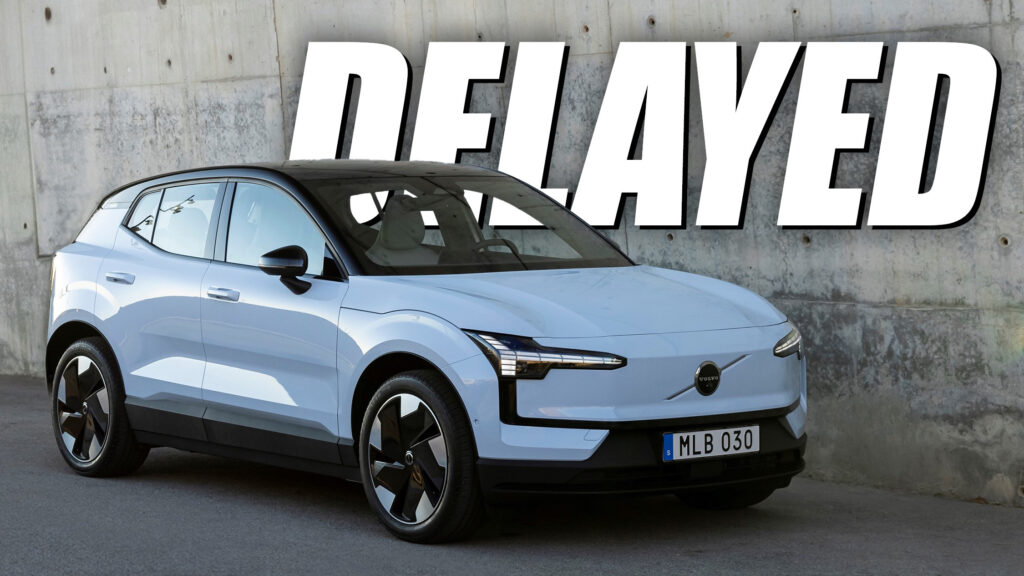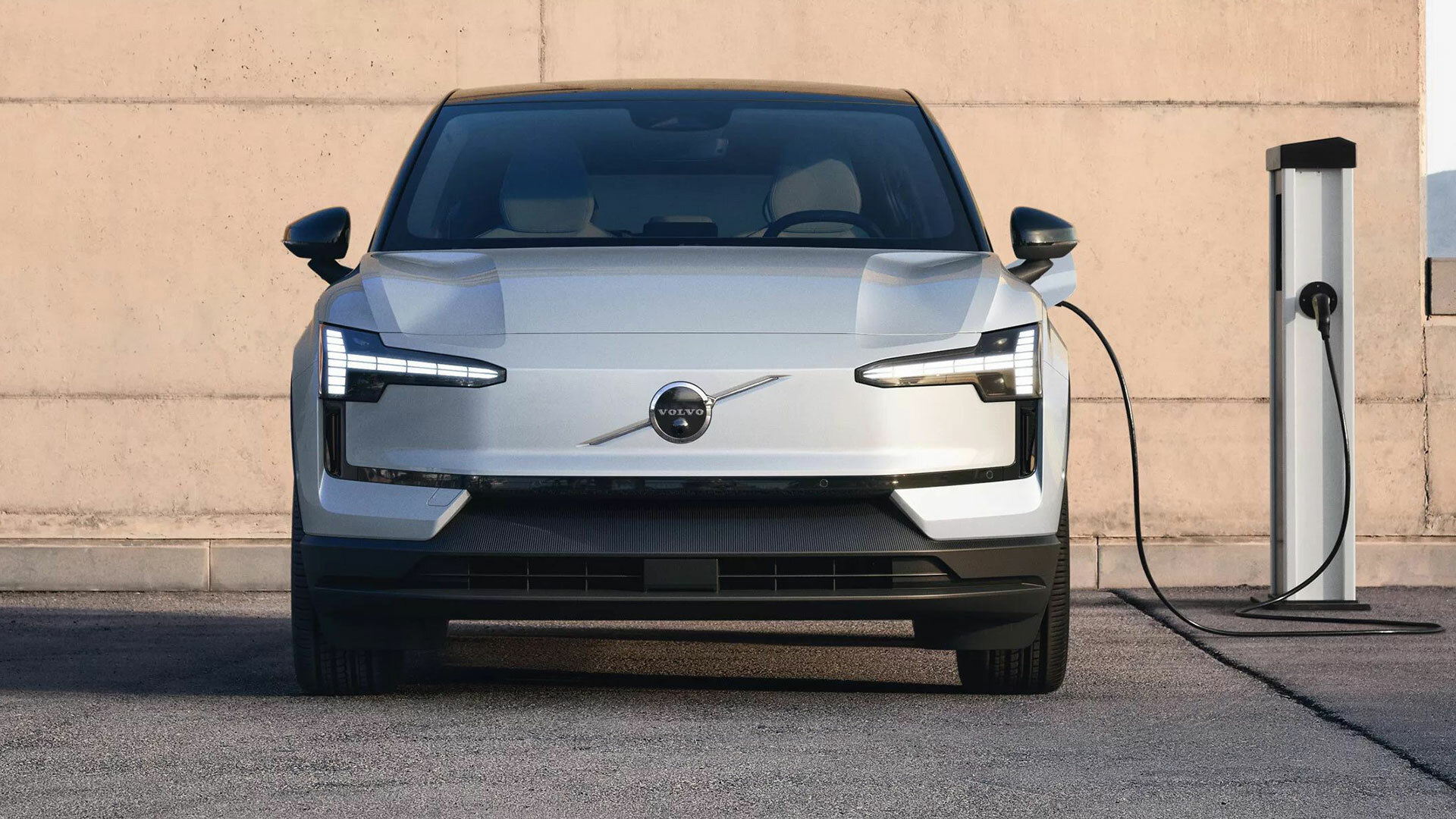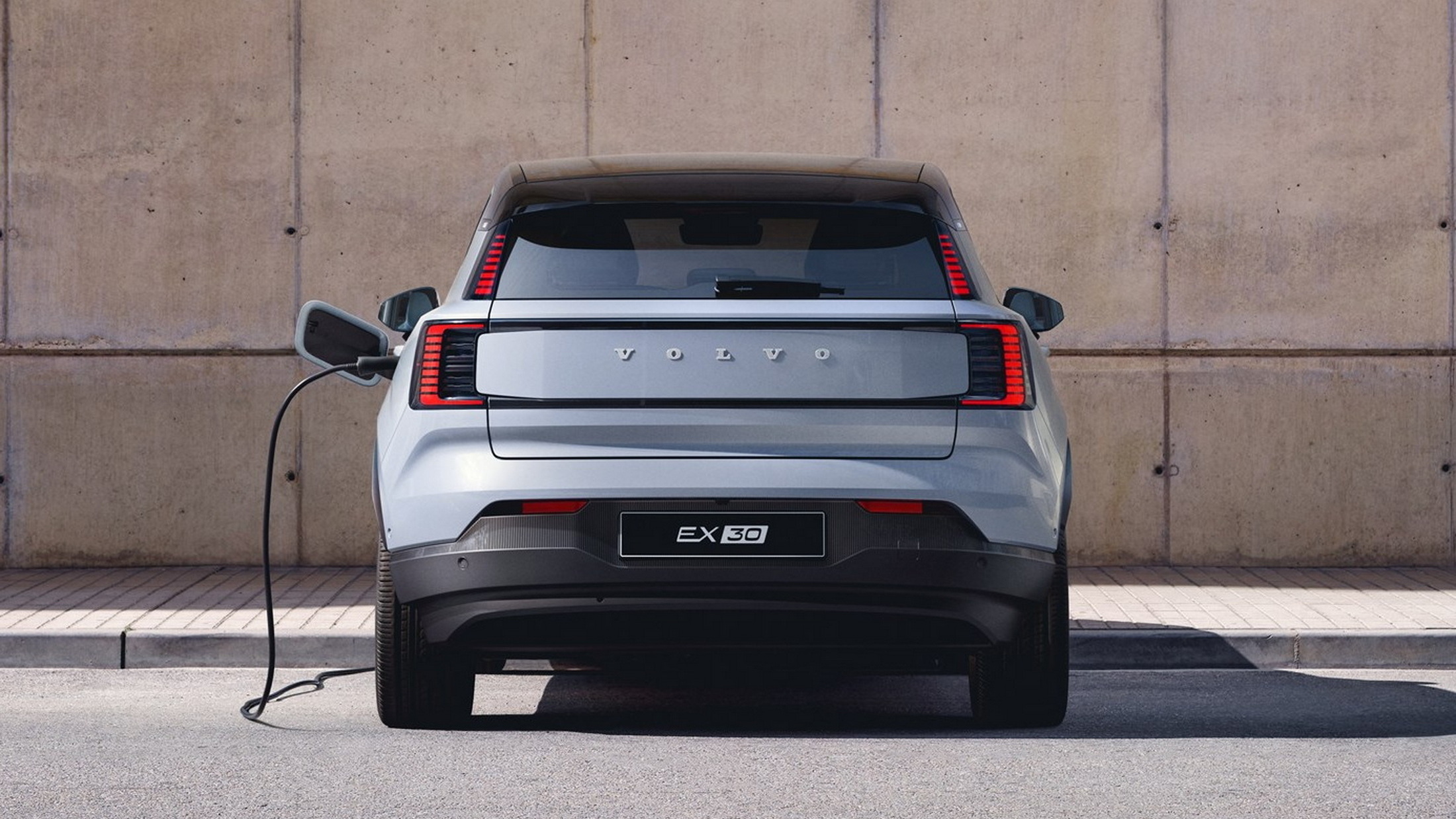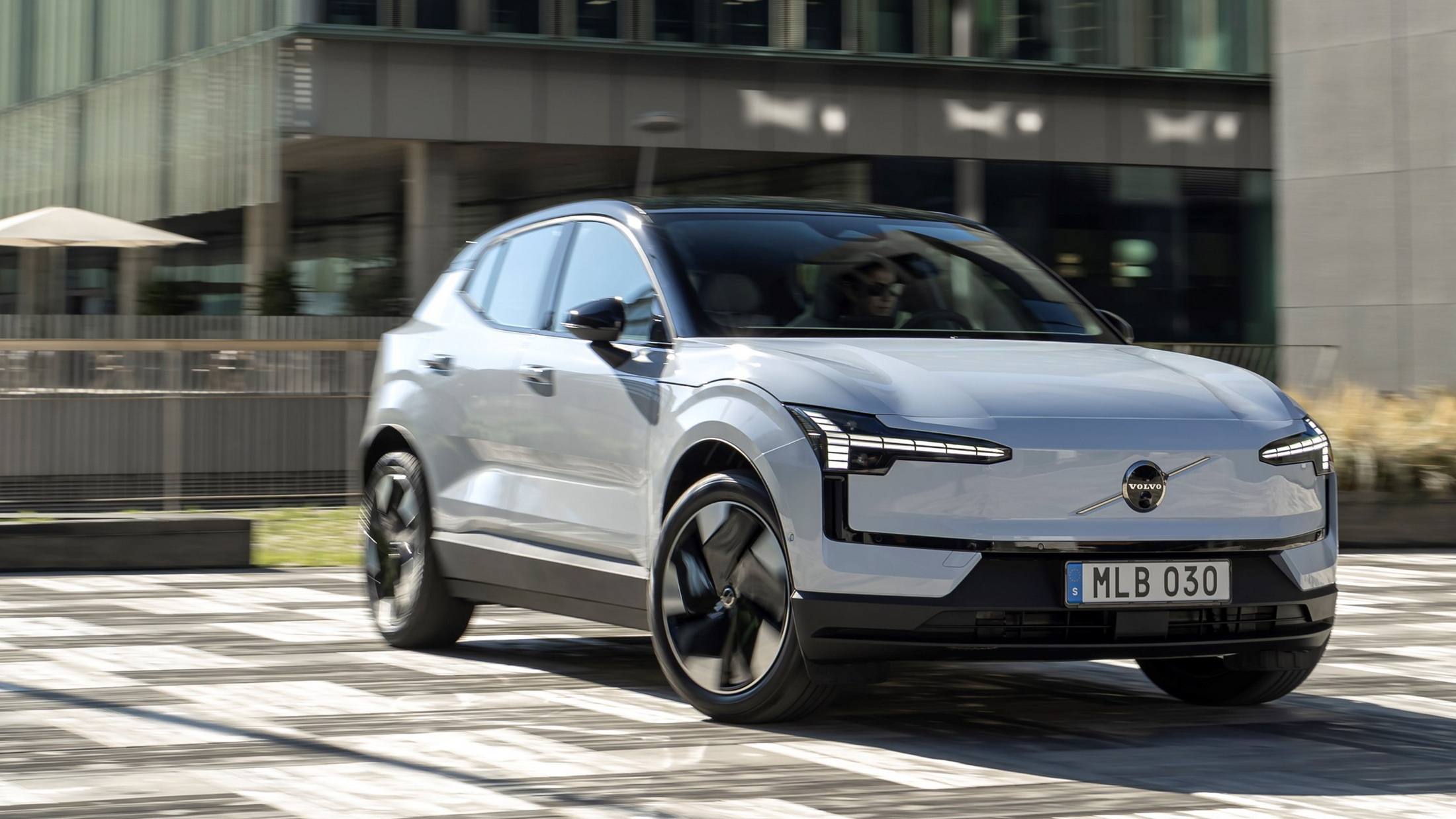- Volvo is delaying the America launch of its EX30 due to the new tariffs on Chinese EVs.
- SUV was supposed to debut this fall but won’t now arrive until 2025 when production moves from China to Belgium.
- Biden administration introduced 100 percent tariffs on Chinese EVs in April.
Volvo’s new EX30 has been showered with praise by European reviewers so it’s only natural that American buyers were looking forward to getting their hands on the baby EV. But now they’re going to have to look even further forward because Volvo has pushed the US launch back to 2025.
The automaker’s smallest SUV was scheduled to make its North American debut this fall, but those plans have collapsed in the wake of tough new import levies introduced in April. The Biden administration hit Chinese EVs with a stinging 100 percent tariff meaning that bringing the Zhangjiakou-built vehicles into the US no longer makes financial sense.
Related: Volvo’s Tech Troubles Return As Every EX30 Recalled Over Faulty Digital Speedos
Now Volvo’s US customers will have to wait until the second half of next year to get behind the wheel of the Hyundai Kona Electric rival. That’s when production shifts from China to Belgium, allowing Volvo to ship cars to America without them being subject to margin-killing taxes.
“We have decided to wait with the market introduction so that we can optimize our footprint, as there are new US tariffs and the European Union may also introduce tariffs,” Bjorn Annwall, Volvo’s chief commercial officer, told Bloomberg. “Our US customers who had hoped to receive the car this fall will unfortunately not get it delivered until next year.”
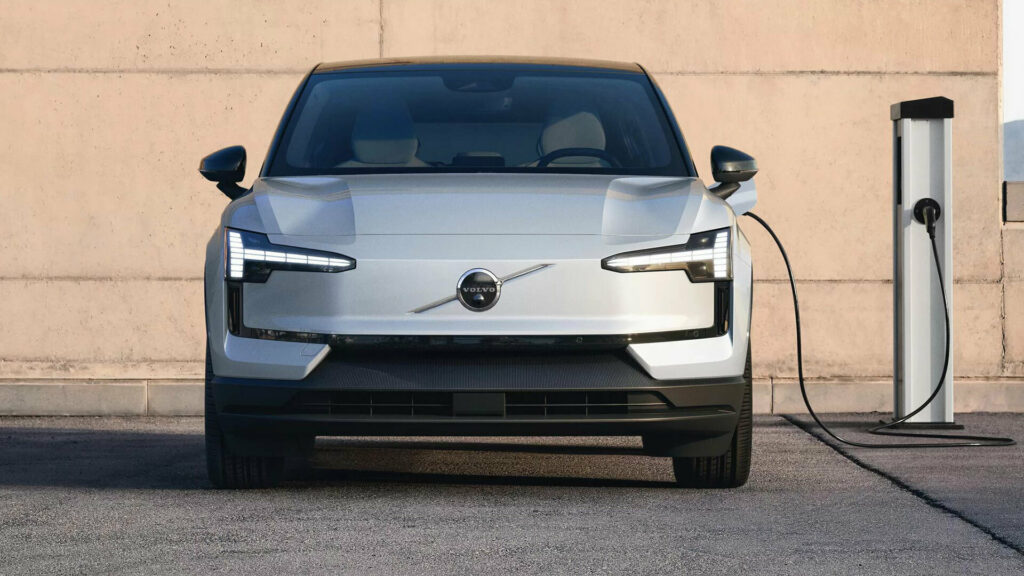
Given the delay, we wouldn’t be surprised if the prices Volvo currently has listed for the US-market EX30 have edged upwards by the time it arrives. The entry level Core Single Motor is listed at $36,245, a figure that’s as impressive as its 5.3-second zero to 62 mph (100 kmh) time, but you’ll need to add $10k to that to upgrade to an AWD Twin Motor variant. The payoff is power boost from 268 hp (272 PS) to 422 hp (428 PS).
Moving production to Belgium will also help Volvo escape new tariffs on Chinese EVs due to come into force in Europe from July 4. But since the EX30 is already on sale on the continent, the automaker will have to suck up the new levies for a year, unless China’s current negotiations with the EU aimed at de-escalating the situation result in the tariffs being dropped.
The impact of new tariffs isn’t the only problem Volvo’s EX30 team has had to deal with this month. Two weeks ago the firm revealed that every EX30 was being recalled over a software bug that could prevent the speedo working.




